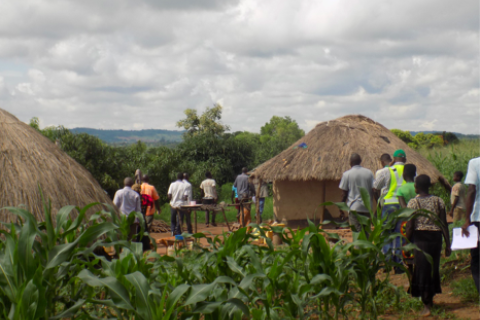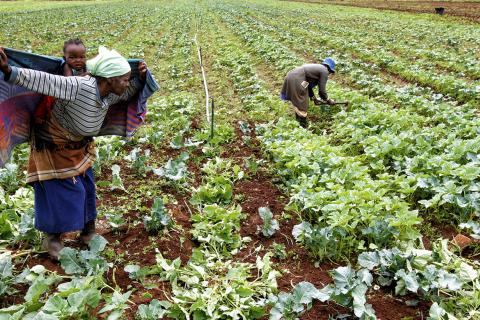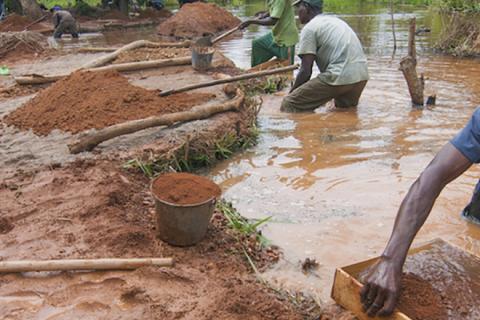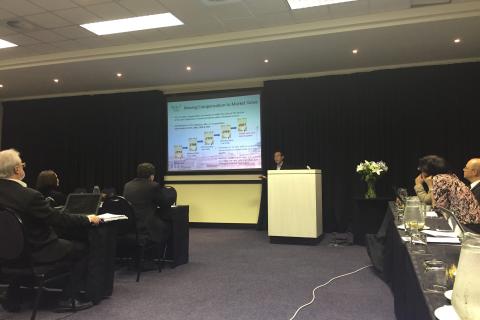Debating land expropriation and constitutional amendments in South Africa
The Parliament of South Africa has agreed to amend the Constitution of the country in order to make it explicit that it is possible to expropriate land without paying compensation in order to further land reforms. The supporters of this move - the ruling African National Congress (ANC) and the opposition Economic Freedom Fighters (EFF) – argue that this is necessary to speed up land reforms in order to overcome the continuing extreme and still largely racially defined inequalities in land ownership.










